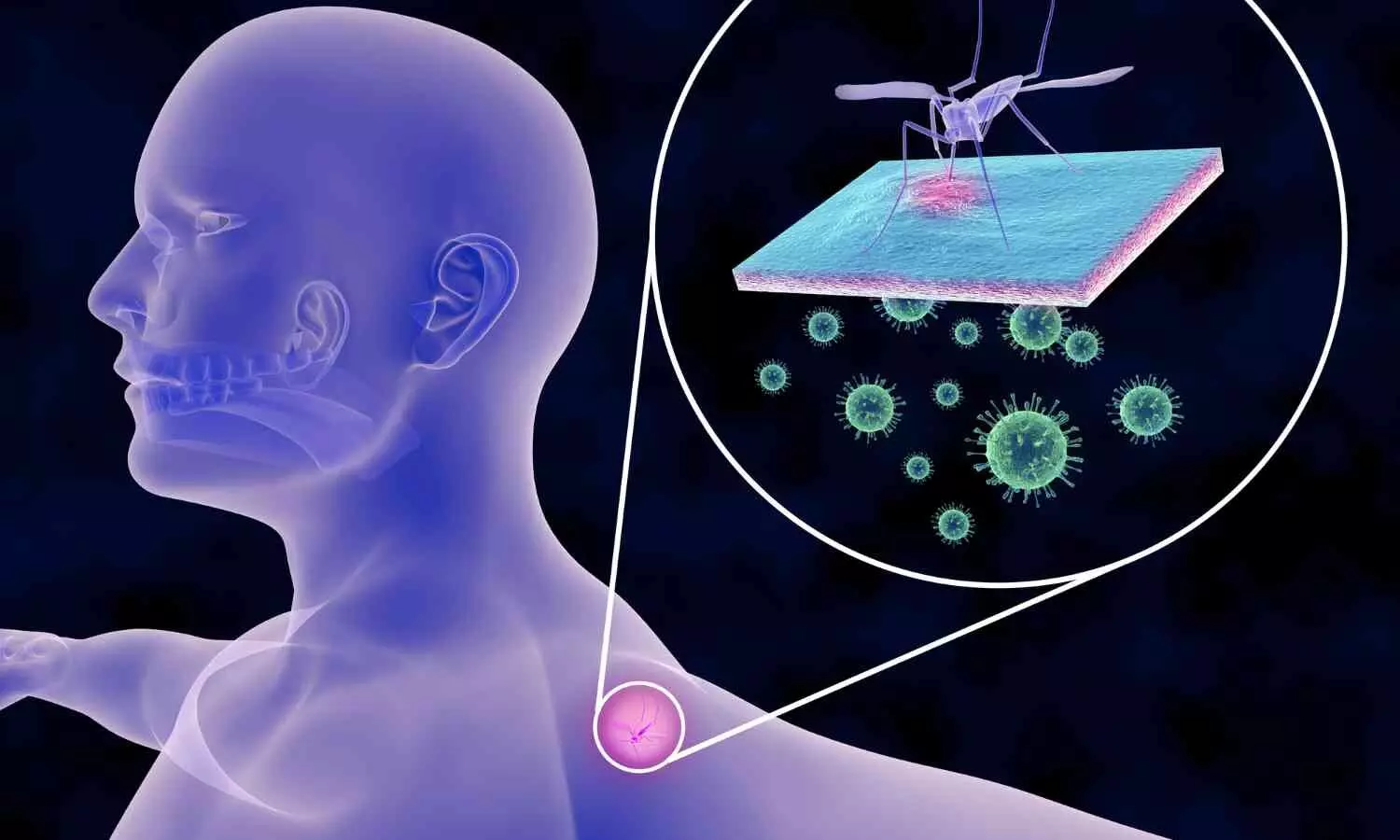Tamil Nadu Health Department Warns Public of Disease Risks as Northeast Monsoon Begins

New Delhi: The Tamil Nadu Health Department has cautioned the public to be alert about diseases such as dengue, malaria, leptospirosis, and influenza as the northeast monsoon sets in. Since January 2024, the state has reported 18,000 dengue cases.
The state’s Public Health Department has urged residents to remove stagnant water to prevent mosquito breeding. Monsoon camps have been set up across the state to identify dengue, malaria, leptospirosis, influenza, and other diseases.
Health Minister Ma Subramanian, speaking to IANS, stated, “We are closely monitoring vector-borne diseases like dengue in Tamil Nadu.” He added that 10 districts, including Chennai, Coimbatore, Krishnagiri, Tiruppur, Tiruvallur, Theni, Madurai, Tirunelveli, Thanjavur, and Tiruchi, “account for 57 percent of the total dengue cases in the state.” He confirmed that the government is focusing its efforts on these districts.
Vector-borne diseases are caused by pathogens transmitted through vectors such as mosquitoes, ticks, and flies. These vectors spread viruses, bacteria, or parasites that can lead to diseases like malaria, dengue, chikungunya, and leptospirosis.
Such diseases are common in tropical and subtropical regions and thrive in warm, humid climates. Effective measures, such as controlling stagnant water, using insect repellents, and maintaining hygiene, are crucial to prevent their spread.
Dr T. S. Selvavinayagam, Director of Public Health and Preventive Medicine, said that the department is keeping an eye on dengue and fever-related cases reported in government and private hospitals. He advised residents, “Do not store rainwater for long periods in discarded household items, as this can create breeding grounds for mosquitoes.”
He also urged the public to “drink only boiled water to prevent waterborne diseases.”
Entomologist Dr Rajani warned that bacterial diseases like typhoid could spread during the rainy season. She recommended, “Children should be given only clean, boiled water,” and emphasized keeping children away from stagnant or contaminated water, as “leptospirosis can spread through water contaminated by animal urine.”
The department announced plans for district health officers to conduct public awareness campaigns on vector-borne diseases and will monitor private hospitals to ensure accurate identification and treatment of dengue cases.
(with inputs from IANS)


